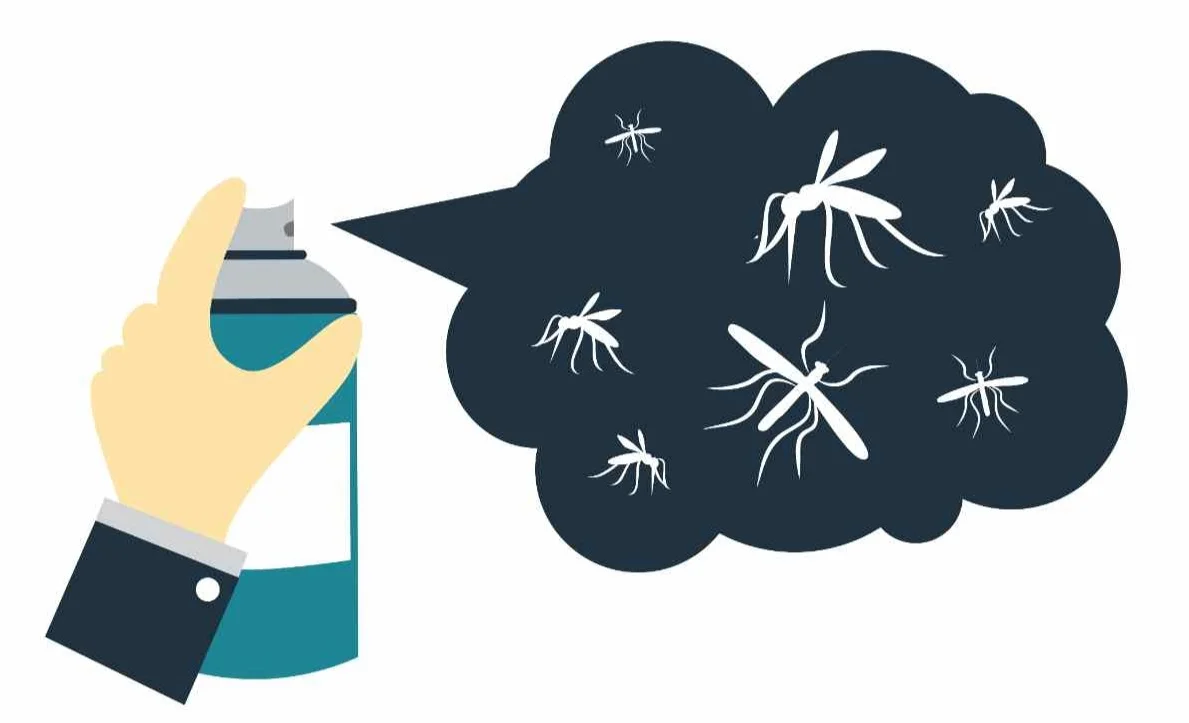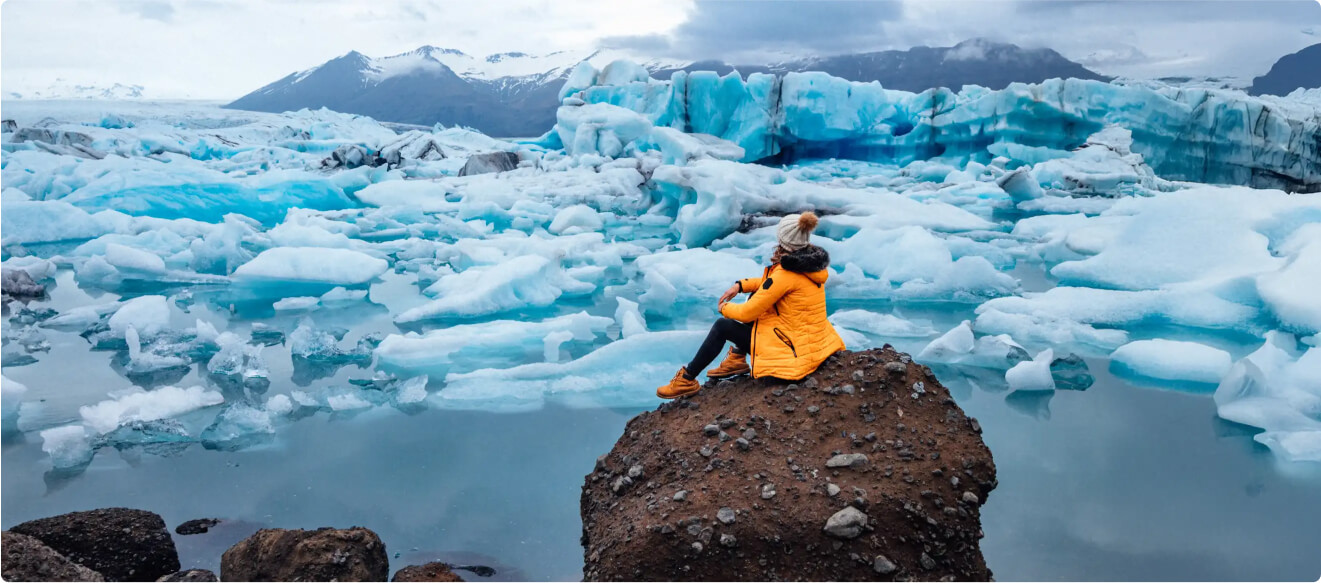It’s always an odd feeling when one visits a country for the first time. You don’t know your way, you don’t know the customs, and you don’t know what sort of wildlife or critters may cross your way.
And with places such as Africa and Australia, where you have viral videos of things chasing, crawling, biting, etc., it’s only natural that people want to know what they’re in for. One of the critters visitors are most concerned with is mosquitoes due to the diseases they may carry. That’s why we often get the question: are there mosquitoes in Iceland?
What you will learn about bugs in Iceland may surprise you. So, if you’ve got an upcoming trip to the island planned, read on. You might just give a big sigh of relief (although possibly a quizzical one).
Are There Bugs in Iceland?
Don’t let the ice fool you; like in other countries, we still have insects such as fleas, mites, bedbugs, etc., although it may be much less than one can expect in warmer regions. So, while there are insects in Iceland, they might not be as big of a variety and as big in numbers as you might be used to back home.
Are There Mosquitos in Iceland?
No, Iceland has no mosquitoes (we know, it’s weird, considering we just told you that Iceland has bugs). Iceland is the one country in the world where you don’t need to worry about that incessant insomnia-causing buzzing throughout the night or any precautionary medications that sometimes make you feel sicker than the disease you’re trying to prevent.
Why are There No Mosquitoes in Iceland?
The reasons why there are no mosquitoes in Iceland are a combination of various factors:
Our Climate
In warmer regions around the world, mosquitoes can hibernate throughout the winter season and awaken like blood-sucking Snow Whites once spring arrives. But the harsh Iceland winters and the fact that our seasonal change isn’t so dramatic make it impossible for mosquitoes to survive here.
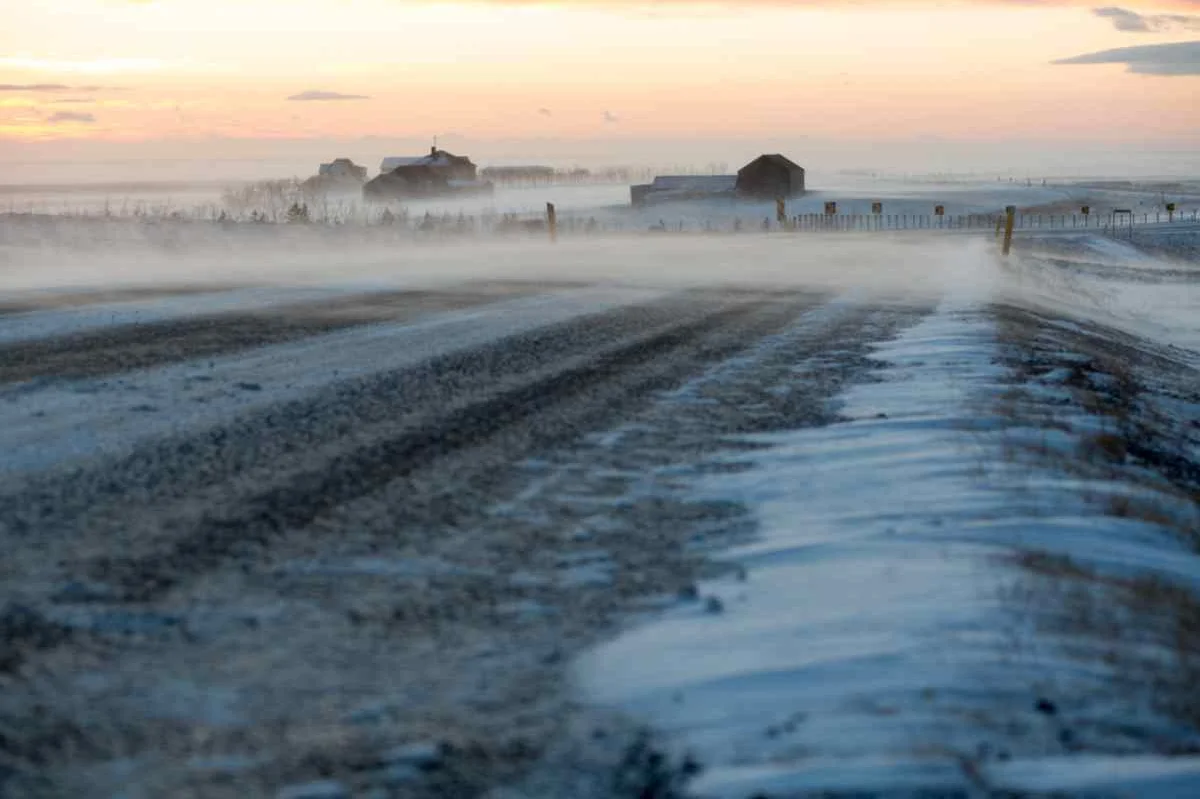
The Legendary Icelandic Winds
There’s a reason why Iceland is famed for its winds. By mid-winter, our wind speeds can reach up to 35 kilometers an hour, and when we say that it can rip a car door right off its hinges, we say it because we’ve actually seen it happen. So, if hundreds of kilos of metal and steel can’t withstand our winds, how will a tiny little flying insect? These flying insects are instantly reduced to flailing insects being blown out to sea.
They Can’t Complete Their Life Cycle Here
For those not in the know, mosquitoes actually have a very sensitive life cycle that requires particular and stable conditions. Iceland’s mosquitos aren’t granted that opportunity. Firstly, as we’ve already touched on, mosquitoes heavily rely on seasonal climates and weather to take them from one life cycle phase to the next.
Mosquito pupa hibernate in cold winters and then hatches as snow and ice thaws during the warmer months. In Iceland, the local saying goes, “You can experience all four seasons in a day in Iceland”, so our erratic weather doesn’t support their linear process.
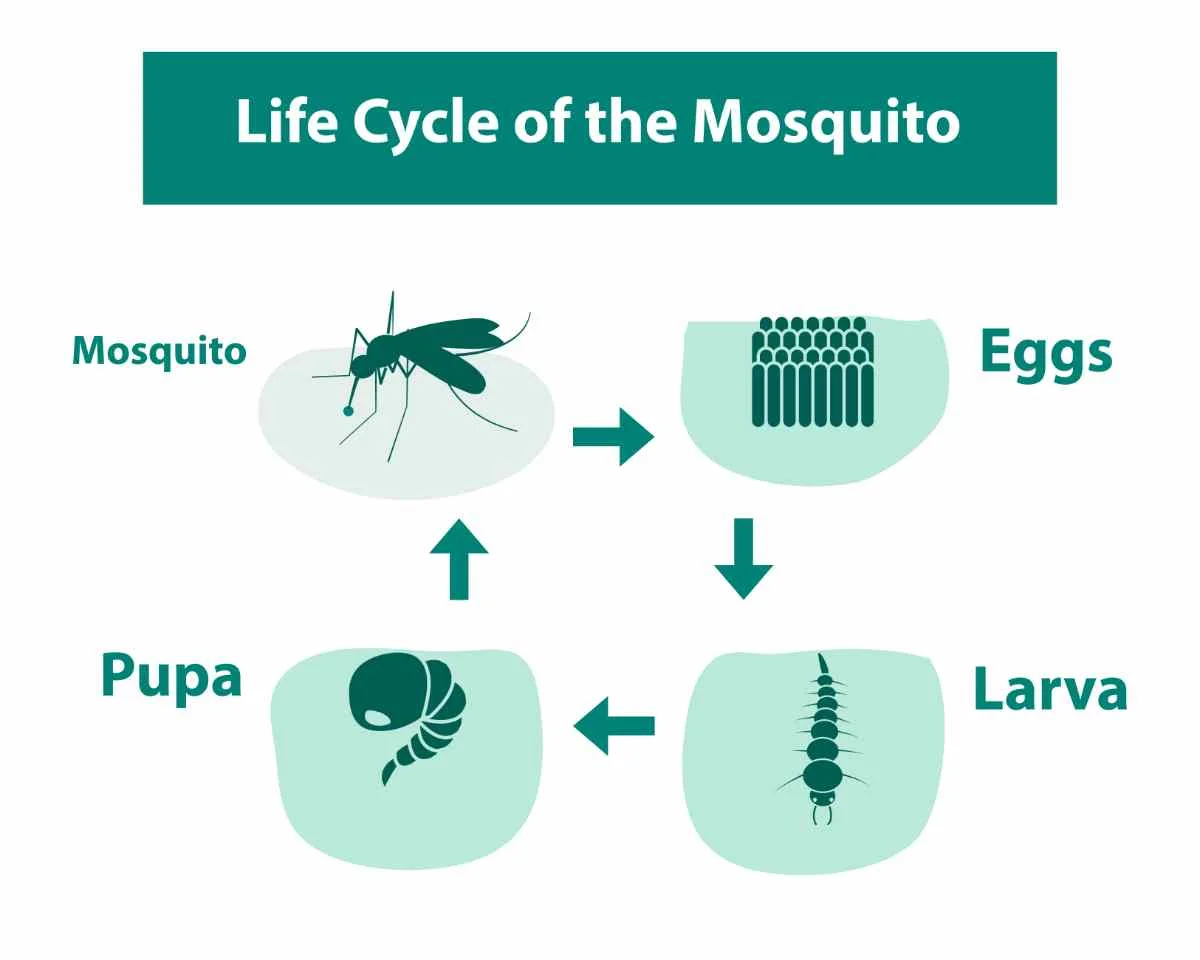
Our Water & Soil
Although research is ongoing on this one, it seems like something in the composition of Iceland’s water and soil doesn’t make mosquitos in Iceland viable at all.
The 1980 Great Escape
When we say that there are no mosquitoes in Iceland, we really mean it. You can actually go to the Icelandic Institute of Natural History and see the only mosquito that has ever made it onto our shores – barely. In the 1980s, a plane from Greenland landed at the Icelandic Airport. A local man named Mr. Gislason boarded that plane shortly thereafter and, upon sitting down, started to hear a strange buzzing noise.
He avidly searched for the origin of the buzzing (as anyone about to launch into the sky in a potentially broken, big metal machine would do). But there was nothing wrong with the plane. Instead, they finally found a mosquito flying through the cabin (clearly an escapee from another part of the world). It was caught and is preserved in a jar to this day.
Don’t Mistake the Midges in Iceland for Mosquitoes
Visitors often mistake our midges for mosquitoes. That’s because these critters also bite and cause an itch. They are usually found near water, such as streams and lakes, during the warmer seasons of the year, and if you ever go to Lake Myvatn, you can be sure that your paths will cross. Lake Myvatn literally translates to Lake of Midges.
But we actually have two types of midges in Iceland. Ironically, the one that looks the most like a mosquito has no appetite for your blood. It’s only the one that looks a bit more like a fly that does the biting. The good news is that even though their bites itch like mosquitoes, they don’t carry any diseases like mosquitoes do.
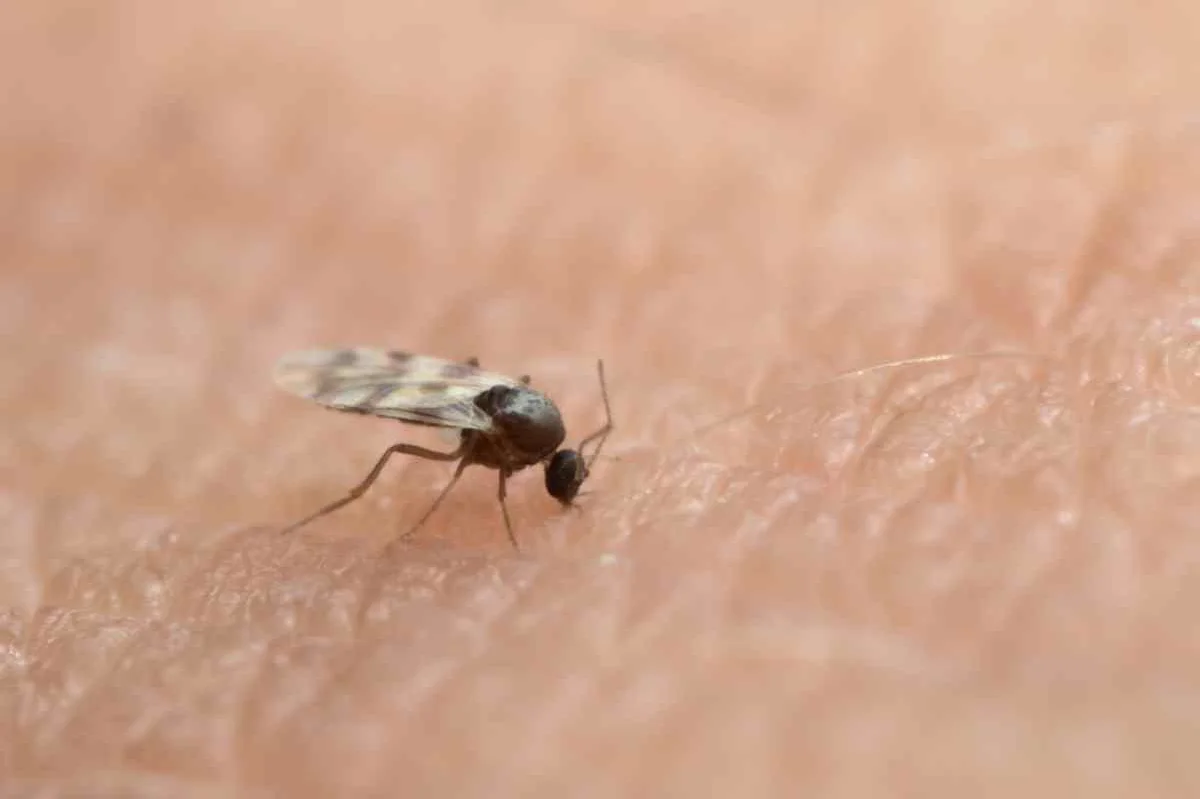
Prep & Treat Midge Bites
Since there are no mosquitos in Iceland, you will find no mosquito repellent here. If you are planning a trip to the island during the warmer months and have a trip itinerary filled with outdoor sights and activities, we highly recommend buying our Moustidose Deet with 30% DEET. This will keep the midges away. And if you ever find yourself bitten, get some Mildison. It’s a topical corticosteroid that will bring some relief to the itching.
Buzz-Free Road Trips
The best thing about there not being any mosquitoes in Iceland is that you can rent a car in Iceland, take on one of our many road trip routes around the island, and take advantage of cheaper accommodation options such as campsites without having to worry about mosquitoes spoiling the fun. So, are there mosquitoes in Iceland? No. But we can guarantee plenty of once-in-a-lifetime moments that will create memories for a lifetime.




